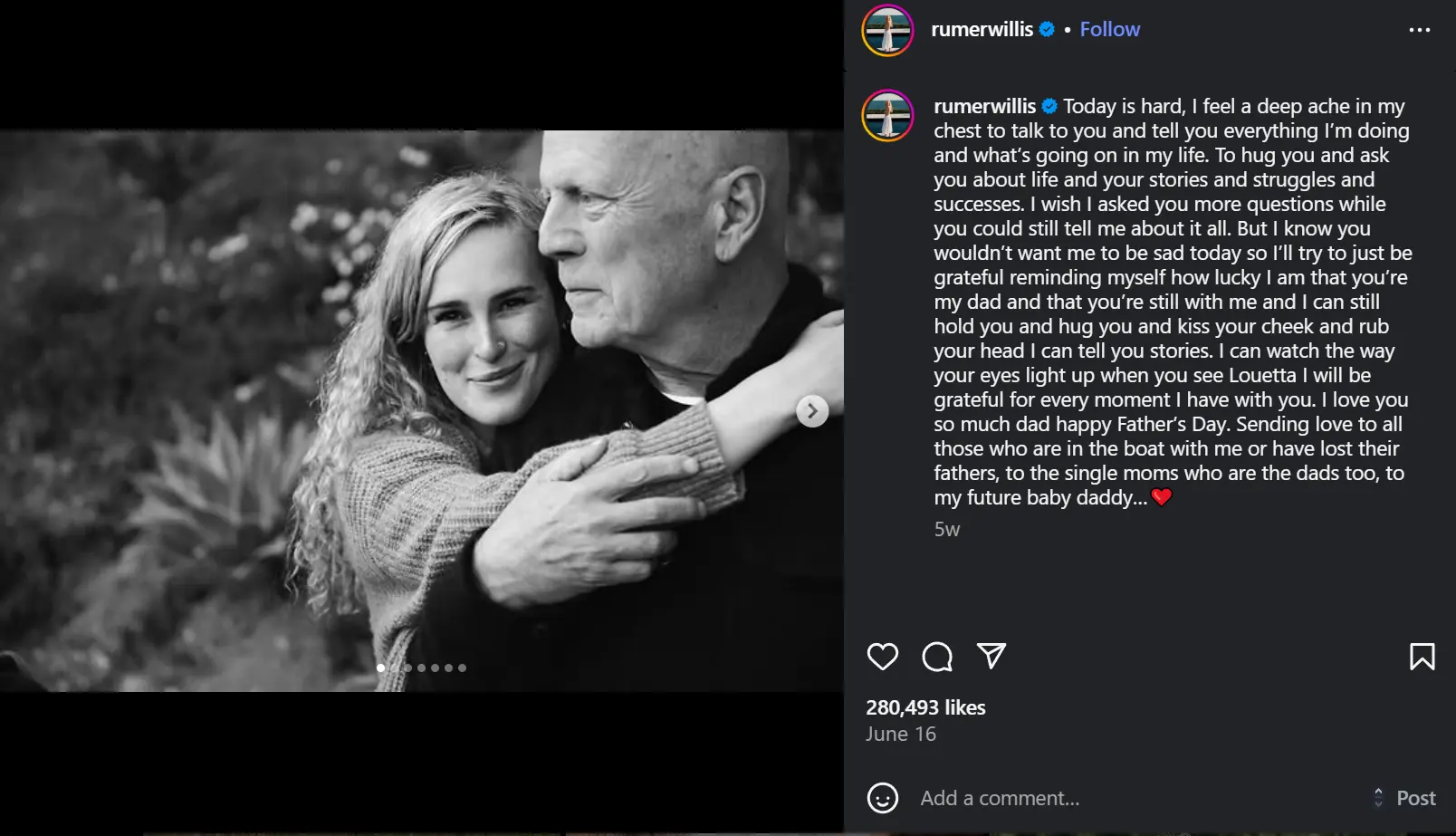What Is Bruce Willis’s Condition?
Bruce Willis, the 70-year-old action star, was diagnosed with aphasia in March 2022—a condition that impairs language comprehension and communication—leading him to retire from acting. In February 2023, his family confirmed a more specific diagnosis of frontotemporal dementia (FTD), a progressive neurological disorder affecting behavior, language, and motor skills.
What Is Frontotemporal Dementia?
Frontotemporal dementia is a rare form of dementia that progressively damages the brain’s frontal and temporal lobes—regions essential for language, decision-making, and movement. Unlike Alzheimer’s, memory may initially remain intact, but patients typically experience rapid declines in speech, motor functions, and behavior.
Recent credible reports indicate that Willis has lost the ability to speak, read, or walk independently, pointing to significant disease progression. While family sources have not confirmed every detail, they acknowledge a steady decline and emphasize ongoing care and dignity.
What Progression Looks Like
FTD typically follows a pattern:
-
Early stage: Trouble finding words, slight mood change.
-
Middle stage: Increased confusion; difficulty communicating.
-
Late stage: Loss of speech, impaired motor control, full-time care required—details noted in recent reports on Willis’s condition.
What Bruce Willis’s Family Has Shared
Emma has shared candid reflections, especially around Father’s Day, revealing the emotional toll of caregiving and advocating for support systems for families of dementia patients. She’s writing a memoir, The Unexpected Journey, to raise awareness and help others navigating similar challenges.

Rumer posted on Father’s Day about simple but meaningful moments—like his reactions to his granddaughter—with deep emotion, acknowledging the loss of verbal connection yet his continued emotional presence.
Tallulah also shared intimate, joyful moments from home gatherings, illustrating that, while his speech has declined, Bruce’s familial bonds remain strong.
The blended Willis-Moore family have rallied around him. Demi Moore, Bruce’s ex-wife, regularly visits and supports caregiving efforts, demonstrating unity even after divorce. Their unified public statement in early 2023 encouraged empathy and awareness around FTD.
Bruce Willis’s high-profile decline is bringing much-needed attention to FTD—a form of dementia often overlooked. His family’s openness serves to humanize the condition and advocate for improved caregiver support. Emma’s forthcoming memoir and public comments highlight the isolation and emotional strain caregivers endure.
Public response has been overwhelmingly compassionate. Fans and caregivers alike have expressed deep empathy. Willis’s condition has drawn broader attention to FTD, encouraging donations and support for ongoing research.
Willis’s diagnosis has brought much-needed attention to frontotemporal dementia, a condition that is often underrecognized and misunderstood. The family has used their platform to educate the public about FTD, advocating for increased research and support for those affected by this debilitating disease.
FTD is a cruel disease that many of us have never heard of and can strike anyone. For people under 60, FTD is the most common form of dementia, and because getting the diagnosis can take years, FTD is likely much more prevalent than we know
Bruce Willis’s illness—from aphasia to severe frontotemporal dementia—is a poignant example of how neurological conditions can quietly dismantle all aspects of a person’s abilities. His family’s transparency has turned his private struggle into a public call for empathy, care, and better resources for dementia patients and caretakers alike. The world watches as the Willis family honors his legacy with love and dignity.


